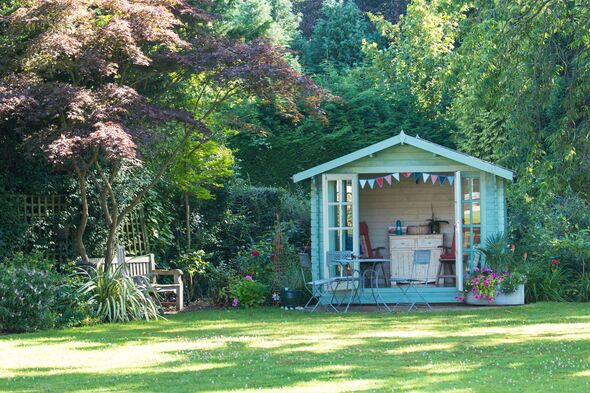Adapting to Water Restrictions: Keeping Lawns Healthy in the UK
As millions of households across the United Kingdom face the possibility of hosepipe restrictions due to an ongoing heatwave, many are searching for alternative methods to keep their lawns healthy and vibrant. With traditional watering practices now limited, innovative approaches are being explored to ensure gardens remain lush and green.
Experts from David Wilson Homes have collaborated with gardening specialist Lucie Bradley to provide practical advice on maintaining lawn health during these challenging times. One of the most effective techniques they recommend is mulching. This involves leaving grass clippings on the lawn after mowing, which acts as a natural mulch.
Mulching offers several benefits that make it an essential practice during periods of water scarcity. The process helps recycle nutrients back into the soil, enriching it and promoting healthier plant growth. Additionally, it aids in moisture retention by reducing evaporation, allowing the soil to stay hydrated for longer periods even when watering is restricted.
During hot weather and drought conditions, mulching becomes a vital strategy for gardeners. The layer of grass clippings acts as a protective barrier over the soil, significantly decreasing the rate at which moisture evaporates. This means the ground remains damp for extended periods, supporting the roots of plants and grass.
The mulch layer also serves as insulation, shielding the soil from the direct heat of the sun. By regulating temperature, it prevents the roots from overheating, which can be particularly damaging during prolonged heatwaves. This added protection ensures that the soil remains cool and moist, creating a more favourable environment for plant growth.
Another advantage of mulching is its role in weed control. By covering the soil surface, mulch deprives weed seeds of sunlight, preventing them from germinating and competing with desirable plants for water and nutrients. This reduces the need for chemical herbicides and makes garden maintenance more manageable.
Beyond its immediate benefits, organic mulch gradually decomposes over time, returning valuable nutrients to the soil. This process enhances soil structure and fertility, contributing to long-term garden health. As a result, mulching not only supports current plant life but also improves the overall condition of the garden for future seasons.
In summary, mulching is a simple yet powerful technique that can help gardeners maintain healthy lawns and gardens during periods of water restrictions. By recycling nutrients, retaining moisture, controlling weeds, and improving soil quality, it offers a sustainable solution to the challenges posed by extreme weather conditions. For those looking to adapt to the changing climate, mulching provides a practical and environmentally friendly approach to keeping gardens thriving.






